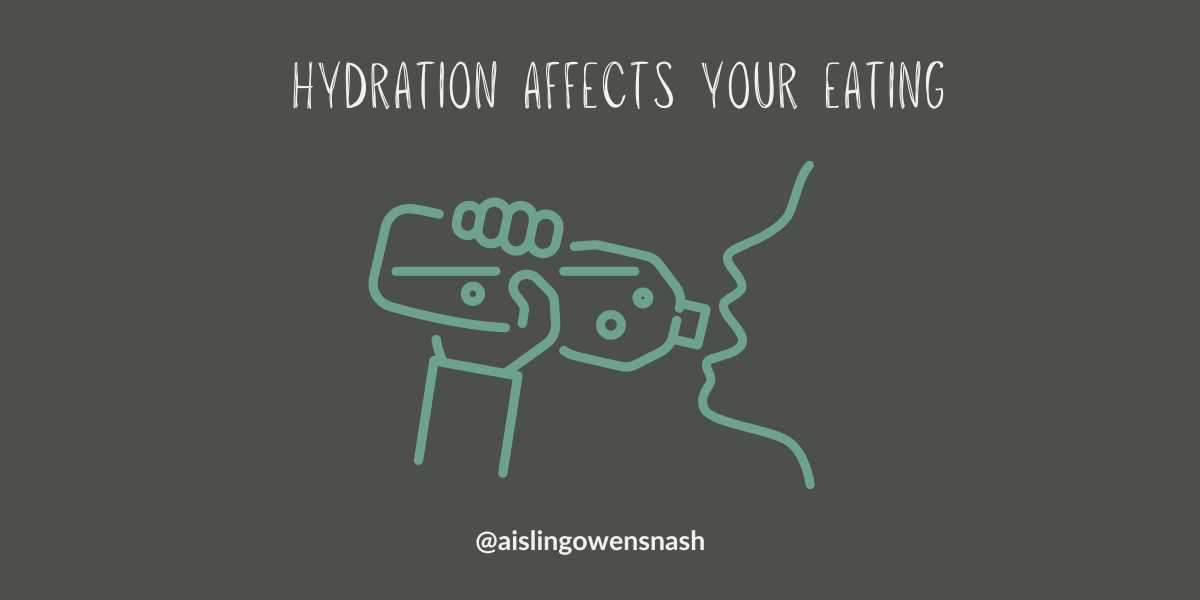Hydration: The Unsung Hero of Healthy Eating
While much attention is given to what we eat, how we hydrate often takes a backseat in discussions about healthy eating habits. However, water—the most essential nutrient our body needs—plays a pivotal role in our overall health, including digestion, nutrient absorption, and even weight management. Let's dive into the significance of hydration and how it supports a healthy lifestyle.
The Vital Role of Water in Our Bodies
Water makes up about 60% of an adult's body weight, serving as the medium for various biochemical reactions, aiding in digestion, transporting nutrients, regulating body temperature, and maintaining blood pressure. Despite its critical functions, a staggering 75% of Americans are chronically dehydrated, according to a report by the CDC. This common oversight can lead to a myriad of health issues, ranging from minor ailments like headaches and fatigue to more serious conditions such as kidney stones and urinary tract infections.
Hydration and Healthy Eating: A Symbiotic Relationship
Hydration doesn't just support the physical processes that make up our metabolism; it's also intrinsically linked to our eating habits. Here’s how:
- Appetite Regulation: Often, we mistake thirst for hunger. Drinking water before meals can help discern true hunger cues and prevent overeating. A study published in the Journal of the American Dietetic Association found that people who drank two glasses of water before meals consumed 75 to 90 fewer calories during the meal.
- Enhanced Digestion: Water is essential for digesting solid food and absorbing nutrients efficiently. Adequate hydration keeps the gastrointestinal tract in good condition, helping to prevent constipation and promote regularity.
- Detoxification: Water facilitates the removal of waste products, allowing the kidneys to filter and eliminate toxins more effectively. This detoxification process is crucial for a clean, functioning metabolism and supports overall dietary goals.
- Nutrient Transport: Water-soluble vitamins (such as B vitamins and Vitamin C) rely on water for transportation to the body's cells. Without adequate hydration, even the most nutrient-dense diet can fall short of meeting your body’s needs.
Incorporating Hydration into Your Healthy Eating Plan
Understanding the importance of hydration is one thing; putting it into practice is another. Here are actionable tips to ensure you're getting enough water:
- Start Your Day with Water: Begin each morning with a glass of water to kickstart your hydration and metabolism. I like adding a drop of lemon oil or a squeeze of organic lemon juice to balance the pH.
- Set Regular Reminders: In our busy lives, it’s easy to forget to drink water. Setting reminders on your phone or using a hydration tracking app can help maintain regular intake throughout the day. Add in a measurement bottle to keep track.
- Eat Your Water: Incorporate high-water-content foods into your diet. Fruits and vegetables like cucumbers, celery, oranges, and watermelons can boost your hydration.
- Flavour Your Water: If you find plain water unappealing, try infusing it with fruits, herbs, or cucumber for a refreshing twist.
- If you are struggling with drinking enough water try adding in a hydration supplement such as this one. TrueSport Hydration (AD)
Conclusion
Hydration is a cornerstone of healthy eating habits, supporting everything from metabolism to nutrient absorption. By recognising the role of water in our diets and taking steps to stay adequately hydrated, we can enhance our health, improve our eating habits, and feel our best every day.
Aisling








